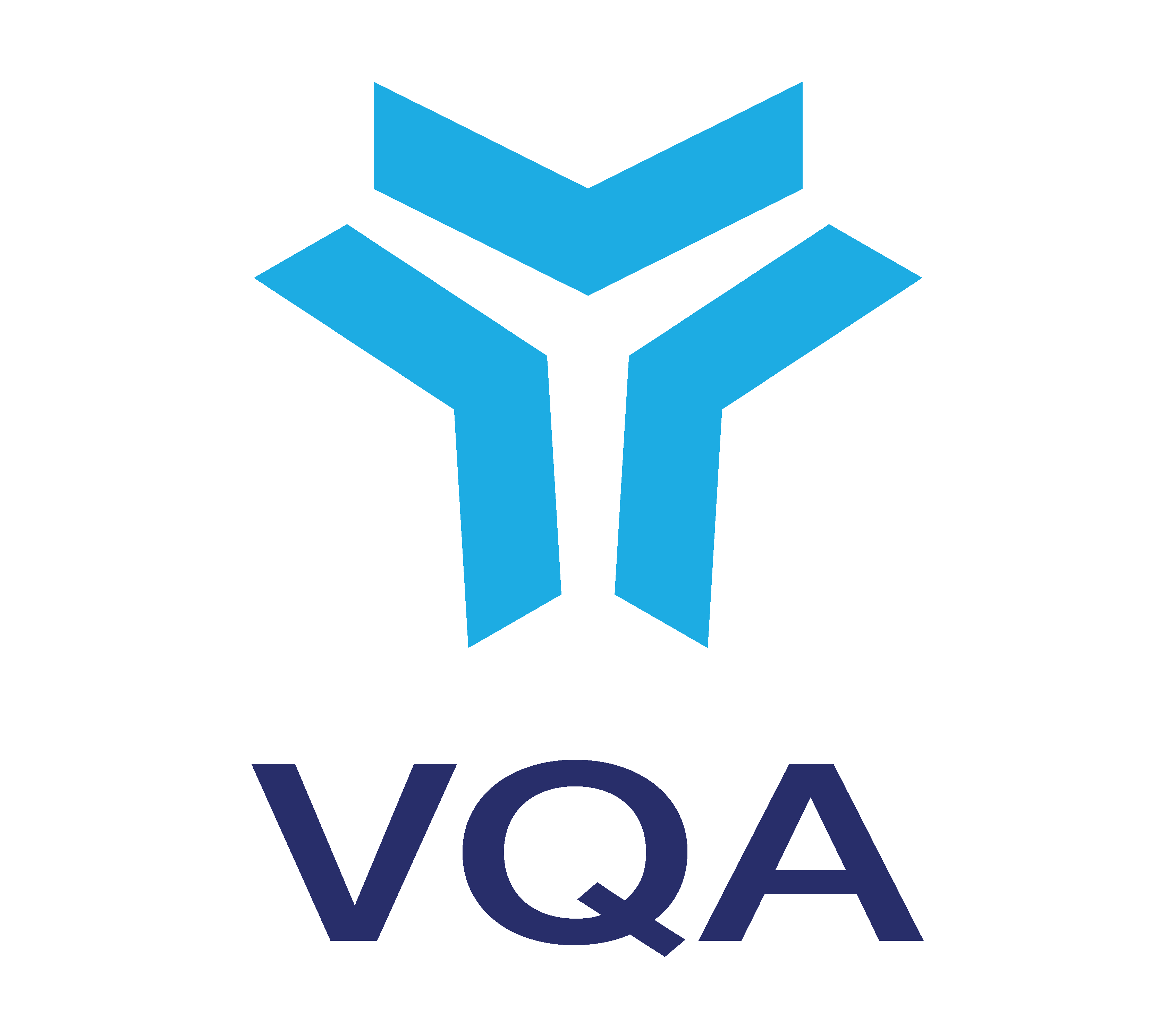GREEN TRANSFORMATION
What is Green Transformation?
This concept, which was basically developed for climate change and efficient use of resources, covers both economic and environmental sustainability.
While the concept of green transformation requires the design of all economic activities, especially responsible production and consumption, with environmental goals, it creates a broad framework that includes all of the following practices.
|
|
|
What are the Activities Carried Out in Our Country within the Scope of Green Transformation?
As in the world, big steps have been taken regarding renewable energy in Türkiye in recent years, and the necessary institutions and organizations are supported to conduct research and create projects on renewable energy.
In the EU Green Deal, the growth roadmap announced by the European Union in 2019, the targeted strategies are explained in the light of the scientific facts stated in previous international climate congresses, and the EU, which aims to be carbon neutral in 2050, aims to turn risks into opportunities with inclusive strategies by acting in this direction.
In this context, the "Green Deal Action Plan" was adopted with the circular published in the Official Gazette dated 16 July 2021 and numbered 31543 in order to harmonize with the transformation policies in the EU and the world economy prepared by the Ministry of Commerce. Within the scope of the action plan, there are 81 actions under the following nine objectives.
The objectives within the scope of the green deal action plan are;

What are the Studies Carried Out by VQA within the Scope of Green Transformation?
With the green transformation, the need for change and transformation in human resources management has emerged. In order to ensure the sustainability and effective use of the resources owned, environmental management should be integrated into human resources management processes. In order to ensure environmental sustainability, it has become important to add environmental management targets to existing human resources practices. In all national occupational standards put into effect by the Vocational Qualifications Authority, the requirements expected from the members of the profession related to environmental protection are defined. In this context, criteria such as recognizing environmental hazards and risks, applying the necessary measures against them, expectations from professionals for recyclable materials and wastes, and effective and efficient use of resources are added.
With the national occupational standards providing input to vocational education and human resources management processes, it will be easier to achieve the environmental targets expected from human resources and contribute to the green transformation process.
The Vocational Qualifications Authority (VQA) has also largely completed the develoıpment of national occupational standards in occupations related to green transformation. Studies are carried out under 5 (five) main sectors, mainly in the environment and energy sectors. These sectors are listed as Energy, Environment, Glass-Cement, Plastic and Metal.
In this context, a total of 45 national occupational standards, 30 in the environmental sector and 15 in other sectors, have been prepared and put into effect.








